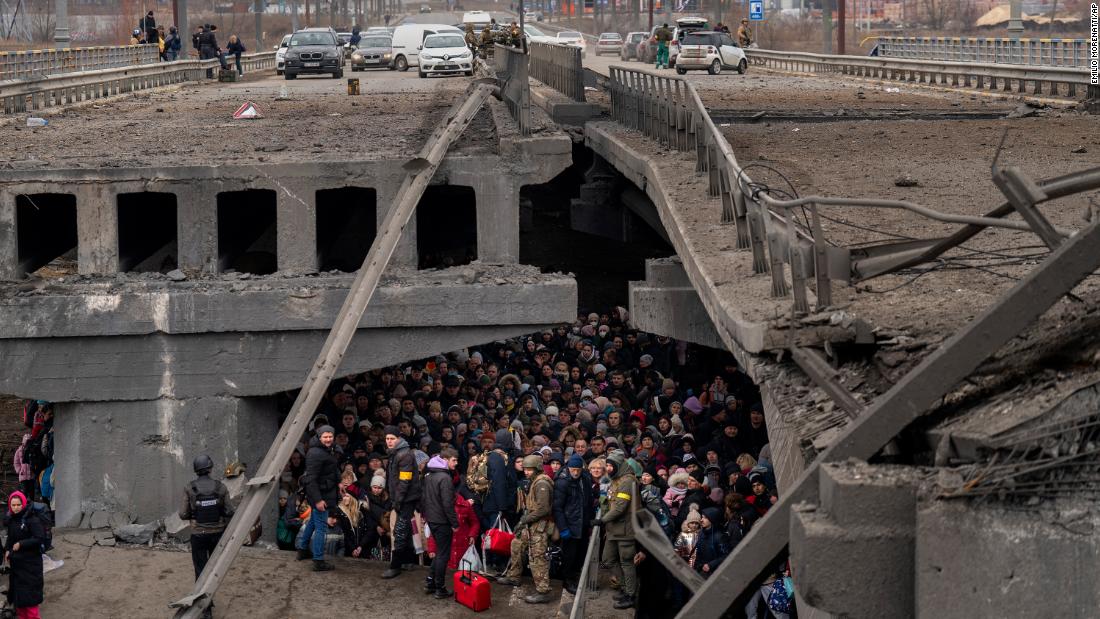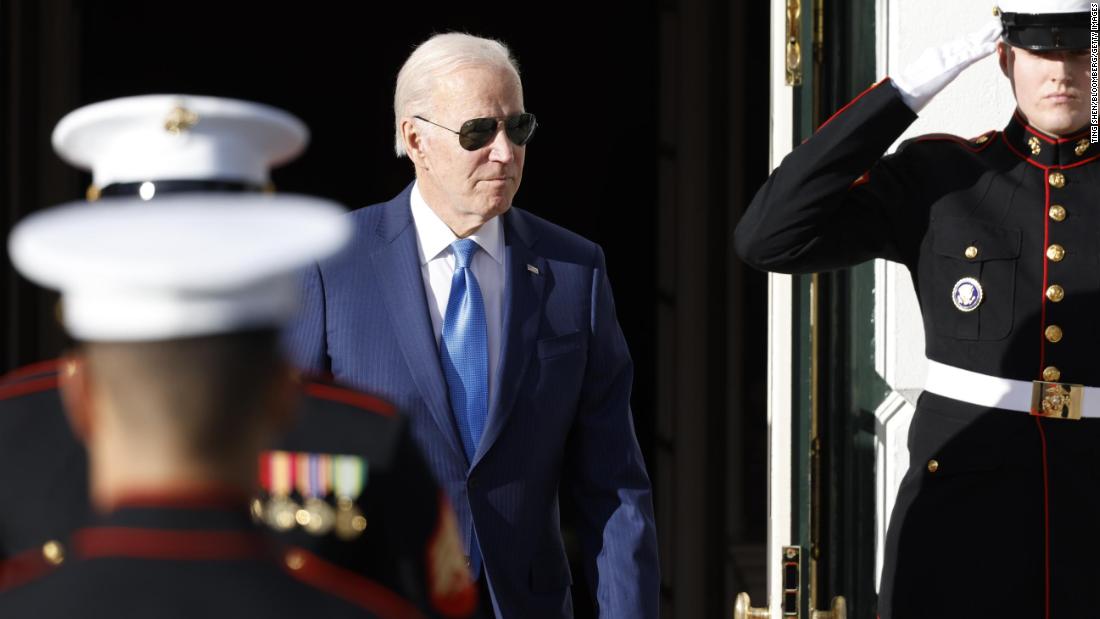Conviction of ISIS Militant ‘Beatle’ Offers Justice to Terror Victims
The recent conviction of former Islamic State militant El Shafee Elsheikh on charges of kidnapping and murder bolsters the argument for trying terrorists in federal court rather than sending them to other countries or into military detention, say experts.

The recent conviction of former Islamic State militant El Shafee Elsheikh on charges of kidnapping and murder is a welcome and rare case of justice for victims of the Islamic State and bolsters the argument for trying terrorists in federal court rather than sending them to other countries or into military detention, reports the Washington Post. Intelligence officials and reporters had named Elsheikh and co-conspirator Alexanda Kotey, who pleaded guilty last year to multiple charges, including hostage-taking resulting in death, as two of “the Beatles,” a terrorist cell that imprisoned and killed Western hostages — including the Americans James Foley, Steven Sotloff, Peter Kassig and Kayla Mueller.
Some of the reluctance to prosecute lies in the difficulty of securing strong evidence that proves crimes beyond membership in a terrorist group, which alone is unlikely to bring a stiff sentence in most European countries, said Stephen Rapp, former U.S. ambassador at large for war crimes issues in the State Department’s Office of Global Criminal Justice. Experts say that new information revealed in a trial like this also could benefit local victims, such as Yazidi women who were enslaved during the war. Most federal terrorism cases involve people who traveled or tried to travel to Islamic State territory from the United States, or planned terrorist attacks within the United States. Thus far, no international tribunal has been established to handle cases of foreign fighters who traveled to Iraq and Syria from Europe, where reluctance to prosecute remains high, and thousands still remain in Kurdish detention camps in northeastern Syria, where violence and escapes are common.

 Landwebs
Landwebs 
























